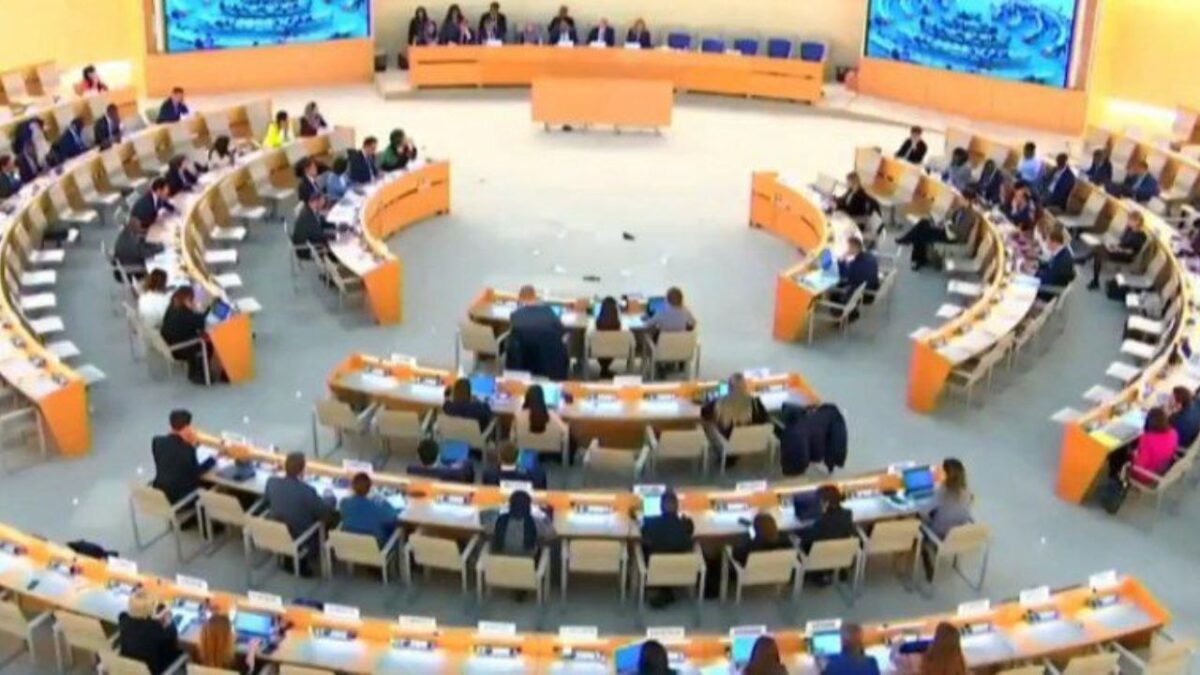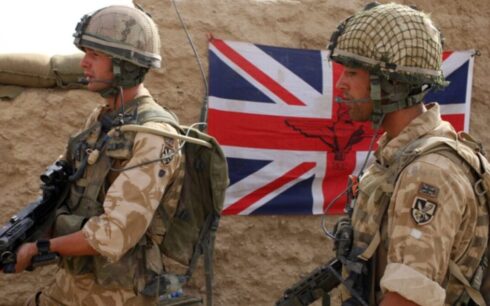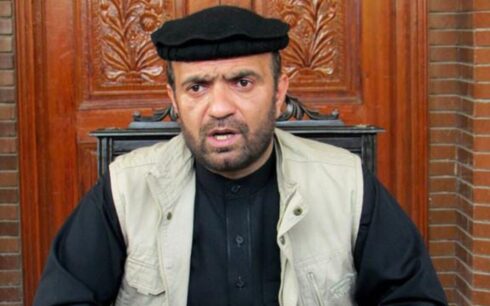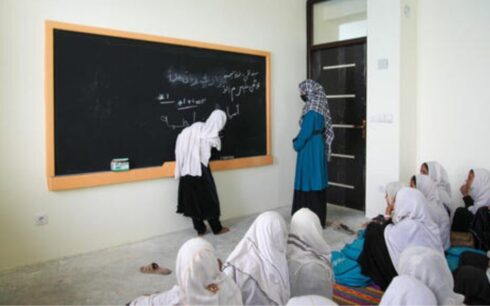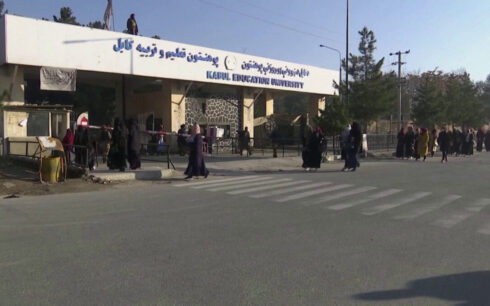GENEVA — The human rights situation in Afghanistan was scrutinized for the fourth time during the United Nations Human Rights Council’s Universal Periodic Review on Monday.
Participants voiced concerns over human rights abuses in Afghanistan, urging the Taliban to reverse policies that infringe upon fundamental rights, particularly those of women and girls.
Naseer Ahmad Andisha, Afghanistan’s permanent envoy to the UN in Geneva, highlighted the systematic erosion of fundamental rights in the country. “Afghanistan under the Taliban remains the most repressive country in the world for women’s rights, with ongoing deep inequalities and the impacts of persistent conflicts,” Andisha said.
The Norwegian envoy in Geneva criticized the Taliban’s “discriminatory policies and practices.” “Norway recommends that Afghanistan revoke all discriminatory policies regarding girls’ schooling and ensure equal and equitable access to quality education,” he said, also advocating for the inclusion of women in Afghanistan’s economic, social, and political spheres.
The Dutch representative called on the Taliban to eliminate restrictions on women and promote their full, equal, and meaningful participation in all aspects of life.
“We condemn the unparalleled human rights violations against vulnerable groups in Afghanistan,” stated the envoy from the Netherlands.
Malta’s representative noted a significant deterioration in Afghanistan’s human rights since the Taliban’s takeover in 2021. “The current regime has removed women from all aspects of public life, including fundamental services such as health care and education,” he said.
Over the past nearly three years, the Taliban has imposed strict limitations on women and girls, curtailing their rights to education, employment, and freedom of movement.
Women’s rights activists, including Taranom Saeedi, expect the Human Rights Council to recognize the Taliban’s restrictions on women and girls as “gender apartheid.” “The Human Rights Council can document Taliban atrocities and the deteriorated human rights situation in Afghanistan to the United Nations for recognizing gender apartheid in Afghanistan,” Saeedi said.
Maryam Maroof Arvin, another women’s rights advocate, expressed hope that the session would yield tangible improvements for the human rights situation in Afghanistan, especially for women and girls.
The UN and other independent human rights organizations report that since their return to power, the Taliban have engaged in torture, killings, and detention of former military personnel and government officials. These reports also cite the suppression of human rights activists and women protesters, violations against minority groups, and restrictions on media.
Despite these reports, the Taliban downplayed the accusations, citing Sharia law as the foundation of their human rights principles in Afghanistan.
Since the Taliban’s takeover on Aug. 15, 2021, the violation of human rights, particularly those of women and girls, has remained a primary concern of the international community.

